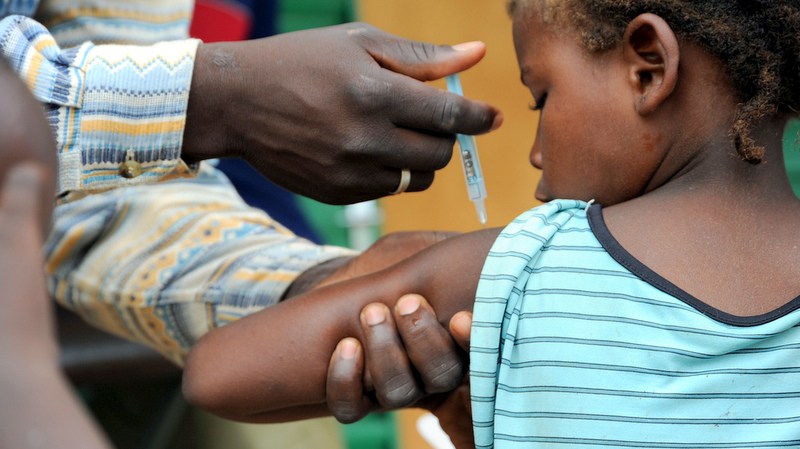- Nigeria reports 303 confirmed meningitis cases, with 190 deaths between 2022 and 2023, prompting active government engagement in prevention
- NCDC underscores heightened meningitis risk during the dry season, particularly in the “Meningitis Belt” and emphasizes preventive measures
Nigeria has witnessed a tragic toll of 190 lives lost to meningitis between 2022 and 2023, spanning 30 states, as reported by the Nigeria Centre for Disease Control and Prevention (NCDC).
In a public health advisory released on Thursday, the NCDC disclosed that Nigeria documented 2,765 suspected cases and confirmed 303 instances of meningitis across 140 Local Government Areas (LGAs).
The Federal Government, in collaboration with the Federal Ministry of Health and Social Welfare and the NCDC, is actively engaged in preventive measures, detection, and response to Cerebrospinal Meningitis (CSM) cases. This disease, characterized by acute inflammation of the brain and spinal cord coverings, is epidemic-prone, with cases reported throughout the year in Nigeria.
The advisory emphasized that environmental conditions, particularly during the dry season with dust, winds, cold nights, and frequent upper respiratory tract infections, heighten the risk of infection, especially in crowded and poorly ventilated areas.
The “Meningitis Belt,” comprising 19 states in the Northern region, the Federal Capital Territory (FCT), and some southern states, including Bayelsa, Cross River, Delta, Ekiti, Ogun, Ondo, and Osun, bears the highest burden of CSM in Nigeria.
NCDC highlighted the National CSM Technical Working Group’s role, consisting of representatives from relevant Ministries, Departments, Agencies, and development partners. This group monitors disease trends, ensuring multi-sectoral preparedness and response.
Despite advancements in surveillance, diagnostics, and vaccination, CSM remains a priority disease, posing a persistent public health threat in Nigeria. Annual outbreaks in high-burden states challenge individuals, health systems, economies, and communities.
The NCDC, in collaboration with MDAs and partners through the CSM TWG, has implemented various measures, including ongoing surveillance, provision of support, prepositioning of resources, risk communication, and rapid response teams, to enhance coordination and address the ongoing threat of CSM outbreaks in Nigeria
